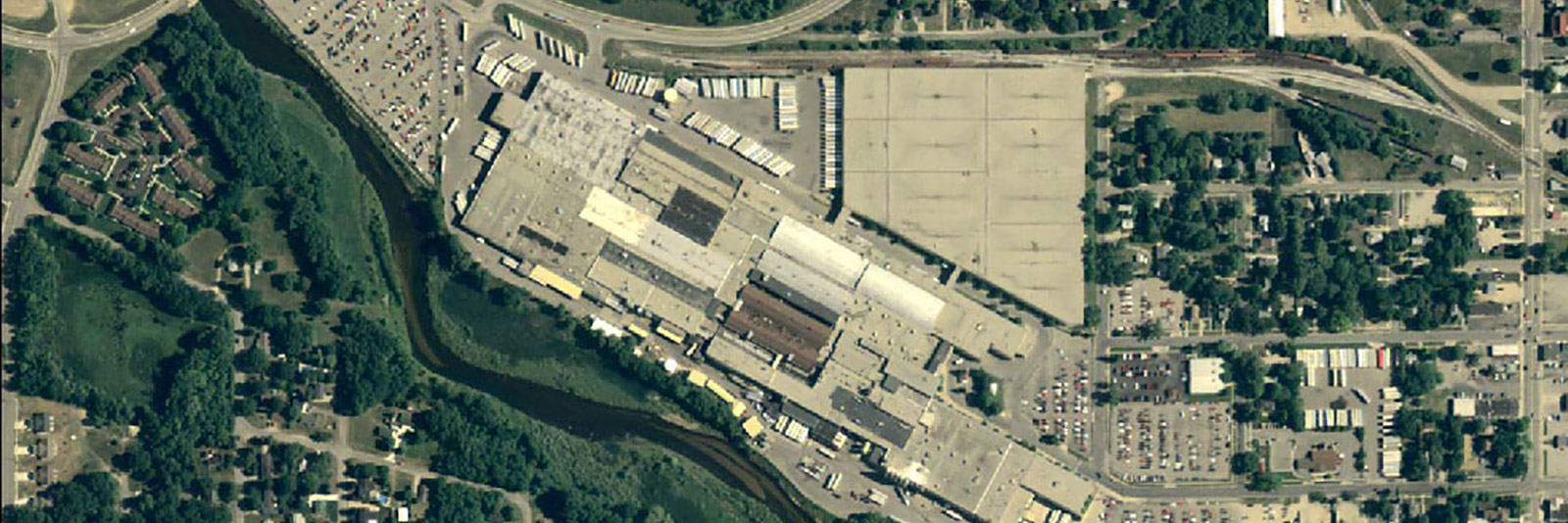Site Specific Water Quality Criteria
Water quality-based effluent limitations are routinely derived from national ambient water quality criteria for the protection of aquatic life or “ALC”. NPDES permit limits do not usually consider actual site conditions, so U.S. EPA allows ALC to be adjusted to local water conditions through site-specific water quality criteria, which are often less costly to meet than federal or state water quality standards. GLEC is a national leader in developing site-specific water quality criteria using several approaches, including:
- Determination of mixing zones – In mixing zones, the level of toxic pollutants is allowed to be higher than in the surrounding waters. GLEC researchers are experienced in defining mixing zones through mathematical modeling or dye studies for toxic substances and thermal impacts.
- Recalculation Procedure – ALC are typically derived from toxicity databases for select representative test species. Federal regulations permit criteria recalculation at specific sites based on the presence of test species. GLEC regularly assists clients with recalculation methods and with updating toxicity databases for select species.
- Site Assessments – GLEC assesses water and sediment samples at permitted sites to adjust residue-based limits of toxic residues based on actual site conditions. Biological Translator – GLEC researchers utilize this method to compare effluent toxicity testing results to laboratory dilution water results in order to predict the impact of a specific pollutant in a given water body.
- Chemical Translator – Chemical translators convert dissolved metal criteria back to a total metal concentration for use in permit waste load limit calculations. GLEC researchers determine translators for specific sites which reflect local conditions and may result in less stringent limits than permits based on federal or state default translators.
- Water Effect Ratio – The WER process recognizes that some chemicals are not fully bioavailable and are thus less toxic to aquatic life. GLEC researchers assist industrial clients and state/ federal regulators by measuring toxicity in both laboratory and site water to adjust site-specific ALC.


